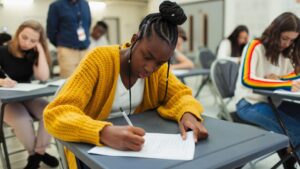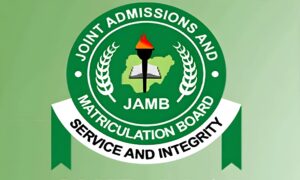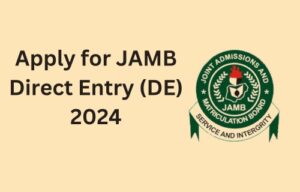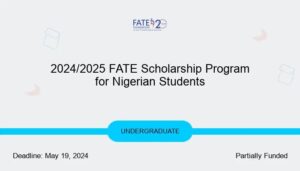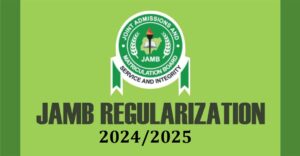JAMB Literature-In-English syllabus
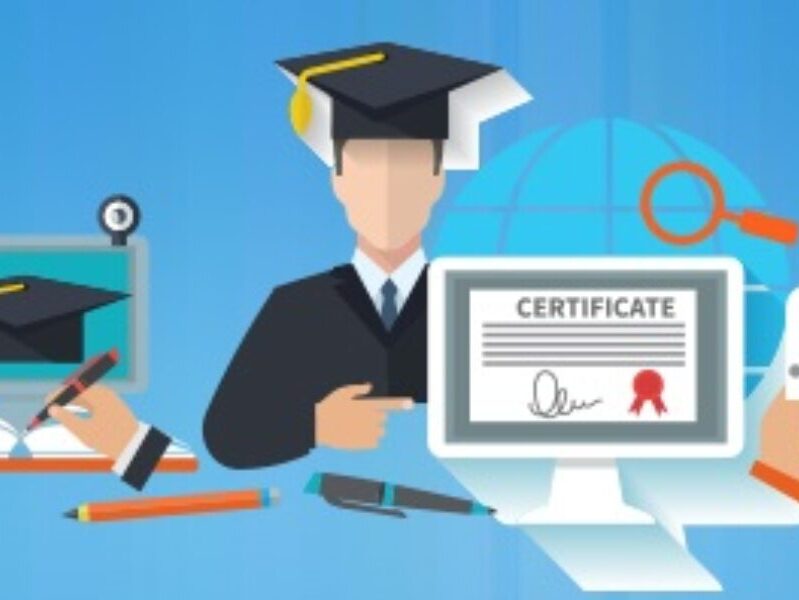
Jamb syllabus is an official document containing detailed information on areas you must cover while reading for your jamb examination.
In literature, we have the three genres of literature, they are:
- Drama
- Prose and,
- Poetry.
Drama
Objectives
Candidates should be able to:
- Identify the various types of drama.
- Analyze the contents of the various types of drama.
- Compare and contrast the features of different dramatic types.
- Demonstrate adequate knowledge of dramatic techniques used in each prescribed text.
- Differentiate between styles of selected playwrights.
- Determine the theme of any prescribed text.
- Identify the plot of the play.
- Apply the lessons of the play to everyday living.
- Identify the spatial and temporal setting of the play.
Content
- Types:
- Tragedy
- Comedy
- Tragicomedy
- Melodrama
- Farce
- Opera etc.
- Dramatic Techniques
- Characterization
- Dialogue
- Flashback
- Mime
- Costume
- Music/Dance
- DeÌcor/scenery
- Acts/Scenes
- Soliloquy/aside
- Lighting etc.
- Interpretation of the Prescribed Texts
- Theme
- Plot
- Socio-political context
- Setting.
General Literary Principles
Objectives
Candidates should be able to:
- Identify literary terms in drama, prose, and poetry.
- Identify the general principles of Literature.
- Differentiate between literary terms and principles.
- Use literary terms appropriately.
Content
- Literary terms: Foreshadowing, suspense, theatre, monologue, dialogue, soliloquy, symbolism, protagonist, antagonist, figures of speech, satire, stream of consciousness, synecdoche, metonymy, etc., in addition to those listed above under the different genres.
- Literary principles
- Direct imitation in play.
- Verification in drama and poetry.
- Narration of people’s experiences.
- Achievement of aesthetic value, etc.
- Relationship between literary terms and principles.
Literary Appreciation
Objectives
Candidates should be able to:
- Determine literary devices used in a given passage/extract.
- Provide a meaningful interpretation of the given passage/extract.
- Relate the extract to true life experiences.
Content
Unseen passages/extracts from Drama, Prose and Poetry.
Poetry
Objectives
Candidates should be able to:
- Identify different types of poetry.
- Compare and contrast the features of different poetic types.
- Determine the devices used by various poets.
- Show how poetic devices are used for aesthetic effect in each poem.
- Deduce the poet’s preoccupation from the poem.
- Appraise poetry as an art with moral values.
- Apply the lessons from the poem to real-life situations.
Content
- Types:
- Sonnet
- Ode
- Lyrics
- Elegy
- Ballad
- Panegyric
- Epic
- Blank Verse, etc.
- Poetic devices
- Structure
- Imagery
- Sound(Rhyme/Rhythm, repetition, pun, onomatopoeia, etc.
- Diction
- Persona
- Appreciation
- Thematic preoccupation
- Socio-political relevance
- Style.
Prose
Objectives
Candidates should be able to:
- Differentiate between types of prose.
- Identify the category to which each prescribed text belongs.
- Analyze the components of each type of prose.
- Identify the narrative techniques used in each of the prescribed texts.
- Determine an author’s narrative style.
- Distinguish between one type of character from another.
- Determine the thematic preoccupation of the author of the prescribed text.
- Indicate the plot of the novel; identify the temporal and spatial setting of the novel.
- identify the temporal and spatial setting of the novel.
- Relate the prescribed text to real-life situations.
- Content
- Types:
- Fiction
- Novel
- Novella/Novelette
- Short story
- Non-fiction
- Biography
- Autobiography
- Memoir
- Faction: a combination of fact and fiction
- Narrative Techniques/Devices:
- Point of view
- Omniscient/Third Person
- First Person
- Characterization
- Round, flat, foil, hero, antihero, etc
- Language.
- Here is a list of recommended textbooks:
- Anthologies
- Obafemi. O. and Agoi (eds) Of Shadows and Rainbows – Musings in Times of Covid (An Anthology of Poems, Plays, and Short Stories) PEN Nigeria, Online
- Hayward, J. (ed.) (1968) The Penguin Book of English Verse, London: Penguin
- Johnson, R. et al. (eds.) (1996) New Poetry from Africa, Ibadan: UP Plc
- Kermode, F. et al. (1964) Oxford Anthology of English Literature, Vol. II, London: OUP
- Nduke Ofiono and Odoh Diego Okenyodo (eds) Camouflage: Best of Contemporary Writing from Nigeria, an Anthology of New Nigerian Writers, Mace Books Association, 2021, New edition.
- Parker, E.W. (ed.) (1980) A Peagent of Longer Poems London: Longman
- Senanu, K. E. and Vincent, T. (eds.) (1993) A Selection of African Poetry, Lagos: Longman
- Soyinka, W. (ed.) (1987) Poems of Black Africa, Ibadan: Heinemann
- Critical Text
- Abrams, M. H. (1981) A Glossary of Literary Terms, (4th Edition) New York, Holt Rinehalt and Winston
- Emeaba, O. E. (1982)A Dictionary of Literature, Aba: Inteks Press
- Murphy, M. J. (1972) Understanding Unseen, An Introduction to English Poetry and English Novel for Overseas Students, George Allen and Unwin Ltd.
- Fiction
Visit www.examkits.com for more important Jamb updates.
